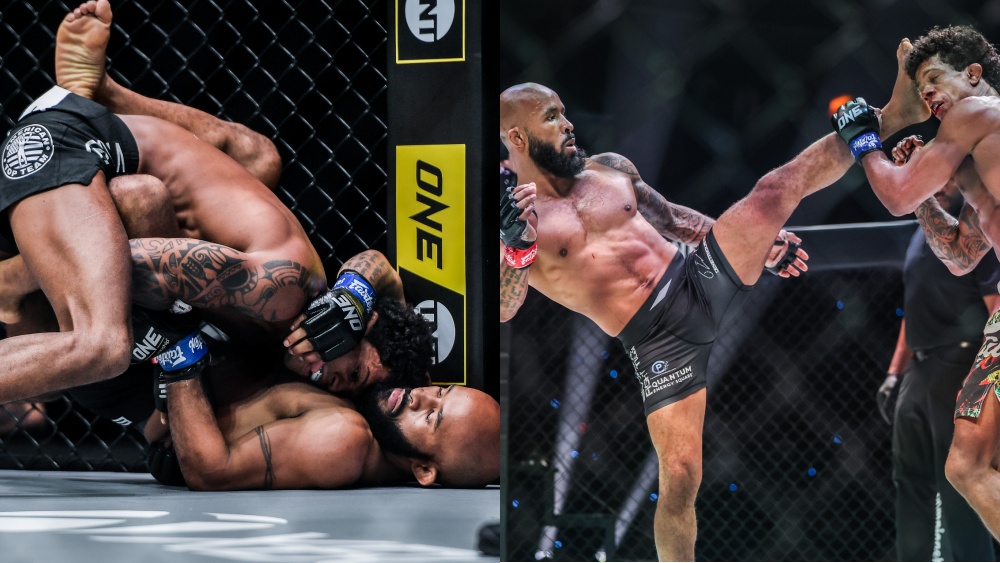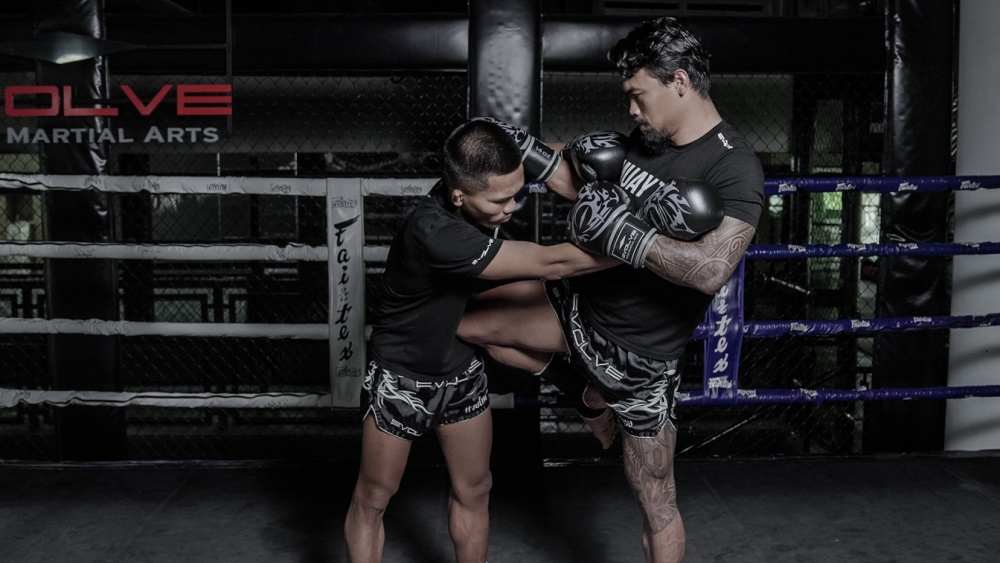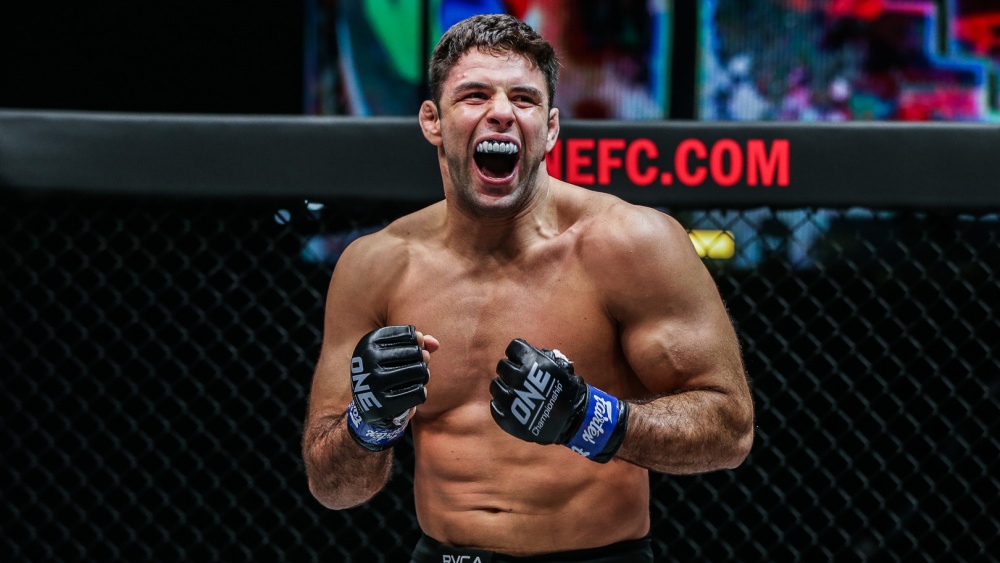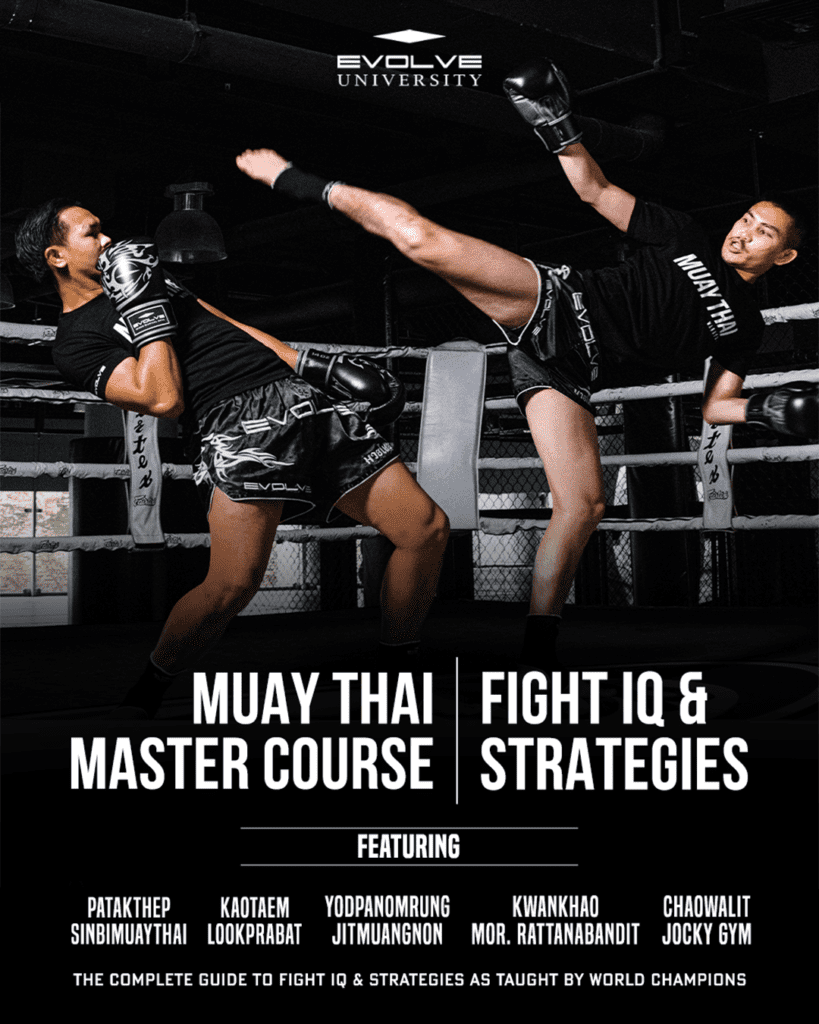Imagine stepping into the ring with not just physical prowess, but a sharp, strategic mind that reads your opponent’s every move. In “Developing Fight IQ: Advanced Mental Training for MMA Competitors”, you’ll delve into the essential psychological techniques that can elevate your game. This article explores how top fighters cultivate keen mental agility, enhance their decision-making skills, and maintain peak focus under pressure, ensuring you’re always one step ahead. Whether you’re a seasoned pro or a rookie, mastering Fight IQ could be the game-changer you need. Have you ever wondered what separates an average MMA fighter from a champion? While physical prowess, strength, and stamina undoubtedly play significant roles, there’s another crucial element that often goes unnoticed: Fight IQ. Understanding and developing Fight IQ can be the difference-maker in your MMA career. Think of it as the mental edge that allows you to outthink and outmaneuver your opponents, even before the bell rings.

What is Fight IQ?
Fight IQ refers to your ability to think on your feet and make smart decisions during an MMA fight. It’s about understanding not just your own skills and strategy but also those of your opponent, and how to adjust your approach in real-time. Just like a high IQ in academics shows intelligence and problem-solving skills, a high Fight IQ shows your ability to read a fight, make split-second decisions, and adapt as the situation evolves.
Components of Fight IQ
Fight IQ is a multifaceted concept. It’s made up of several critical components, including:
- Tactical Awareness
- Technical Proficiency
- Adaptability
- Psychological Resilience
- Strategic Planning
Tactical Awareness
This component involves understanding the flow of the fight and the positions of both fighters in the octagon. It’s about knowing when to strike, when to defend, and when to go for a takedown.
Reading Opponent Movements
The ability to read your opponent’s movements can give you a significant advantage. By observing their habits, you can pre-empt their attacks and set traps.
Key Aspects to Focus On:
- Footwork: Pay attention to their foot placement and movement patterns.
- Habits: Notice their go-to moves and setups.
- Rhythm: Every fighter has a rhythm; identifying it can help you disrupt them.
Ring Generalship
This term refers to your ability to control the pace and location of the fight. If you can dictate where and how the fight takes place, you have a greater chance of imposing your game plan.
Table: How to Improve Tactical Awareness
| Method | Description |
|---|---|
| Sparring | Engage in sparring sessions focusing on tactical awareness. |
| Watching Fights | Study professional MMA fights to learn tactics from experienced fighters. |
| Drills | Perform drills that simulate various fight scenarios. |
| Feedback | Get feedback from coaches and fellow fighters on your tactical performance. |
Technical Proficiency
Your technical skills in striking, grappling, and submissions are foundational, but how well you can apply these techniques under pressure is what sets a high Fight IQ apart.
Mastery of Basics
Before you can think about advanced techniques, make sure you have a strong grasp of the basics. Many fights are won or lost due to simple mistakes in fundamental techniques.
Key Technical Skills:
- Boxing: Jabs, crosses, hooks, and defensive head movement.
- Kickboxing: Kicks, knees, and clinch work.
- Jiu-Jitsu: Submissions, defenses, and positional control.
- Wrestling: Takedowns, sprawls, and transitions.
Advanced Techniques
Once the basics are second nature, you can start incorporating more advanced techniques into your arsenal. These often involve intricate setups and require a deep understanding of both your and your opponent’s capabilities.
Adaptability
A high Fight IQ involves being adaptable. You may go into a fight with a plan, but what happens when things don’t go as anticipated? Adaptability is the key to navigating unexpected situations.
Responding to Opponent’s Moves
Adaptability means being able to change your strategy on the fly. If your opponent is stronger than you anticipated in one area, shift your focus to another.
Situational Awareness
Being aware of the specific situation you are in during a fight is crucial. Whether you are against the cage, on the ground, or at striking range, your awareness will dictate your actions.
Table: Enhancing Adaptability in Fights
| Method | Description |
|---|---|
| Scenario Training | Mimic different fight scenarios in training to prepare for the unexpected. |
| Flexibility Drills | Practice drills that require you to switch strategies mid-exercise. |
| Sparring Variations | Spar with partners of different styles to become versatile. |

Psychological Resilience
Mental toughness is a significant part of Fight IQ. The ability to stay calm and focused under pressure, to manage fear and stress, and to stay motivated, can all make a huge difference.
Staying Calm Under Pressure
High-pressure situations are inevitable in MMA. How you manage your emotions can often dictate the outcome of the fight. Techniques such as deep-breathing exercises and visualization can be beneficial.
Confidence and Self-Belief
Believing in your skills and game plan allows you to execute your techniques without hesitation. Overcoming self-doubt is crucial.
Mental Toughness Training
- Visualization: Imagine different fight scenarios and how you’d handle them.
- Meditation: Develop focus and reduce stress through regular meditation.
- Positive Affirmations: Reinforce your confidence and self-belief with positive statements.
Strategic Planning
Good strategy is crucial to developing a high Fight IQ. This involves more than just planning your moves for a fight. It means understanding your opponent’s strengths and weaknesses and planning accordingly.
Fight Planning
Develop a solid game plan tailored to your opponent. This includes immediate tactics as well as long-term strategies.
Pre-Fight Analysis
Analyze your opponent thoroughly before your fight. Watch their past fights, understand their strengths, and identify potential weaknesses.
In-Fight Adjustments
Plans can change once you’re in the cage. A high Fight IQ allows you to make necessary adjustments during the fight itself.
Table: Components of a Solid Fight Plan
| Element | Description |
|---|---|
| Pre-Fight Research | Analyze opponent’s past fights, strengths, and weaknesses. |
| Game Plan | Develop a strategy based on your assessment of your opponent. |
| Contingency Plans | Prepare for different scenarios and have backup plans ready. |
| Post-Fight Review | Analyze your performance to identify areas of improvement. |

Developing Your Fight IQ
You might be thinking, “How do I develop my Fight IQ effectively?” Here are some practical steps and exercises to help you on your journey.
Consistent Training
Regular and disciplined training is the foundation of developing a high Fight IQ. Every session should be an opportunity to improve and refine each component.
Mentorship and Coaching
Having an experienced mentor or coach can provide invaluable insights and feedback. Their experience can help you understand things that may not be apparent initially.
Recording and Reviewing Fights
Your own fights are a goldmine of information. Recording and reviewing them can help you understand what worked and what didn’t. You can then make adjustments for future fights.
Learning From Others
Observing and analyzing fights from other MMA professionals can provide insights and strategies that you can incorporate into your own fighting style.
Mental Exercises
Incorporate mental exercises into your routine. Visualization techniques, meditation, and scenario planning can all contribute to a higher Fight IQ.
Common Pitfalls and How to Avoid Them
Even the best fighters can fall into common traps. Recognizing these pitfalls can help you avoid them and continue developing your Fight IQ effectively.
Overtraining
While it’s important to train hard, overtraining can lead to burnout and injuries. Balance is key.
Neglecting the Mental Aspect
Physical training often overshadows mental training. Remember, Fight IQ is heavily dependent on your mental sharpness.
Underestimating Opponents
Never underestimate an opponent. Doing so can lead to complacency, which is a recipe for disaster.
Lack of Adaptability
Sticking rigidly to a game plan and failing to adapt during a fight can be detrimental. Always be prepared to adjust your strategy.

Conclusion
Developing a high Fight IQ is an ongoing process that requires focus, dedication, and a multifaceted approach. By honing your tactical awareness, technical proficiency, adaptability, psychological resilience, and strategic planning, you can elevate your fight game and gain that crucial mental edge over your opponents. Remember, each component works in synergy with the others, contributing to a well-rounded and highly intelligent fighter. Keep training both your body and your mind to become the best MMA competitor you can be. Good luck!
Feel like chatting more about this topic or need further details on a specific aspect? Don’t hesitate to reach out. Let’s elevate your MMA game together!
